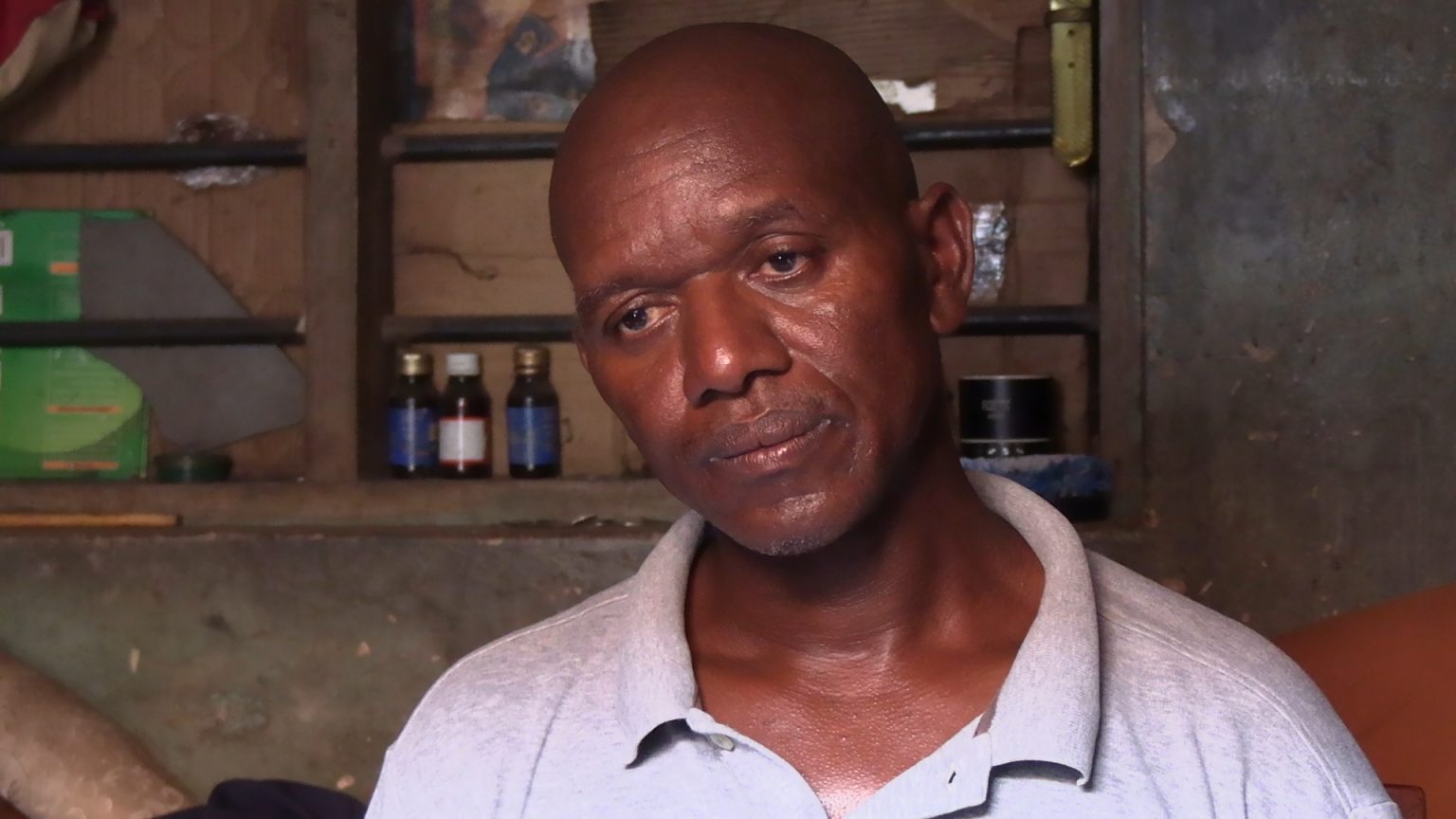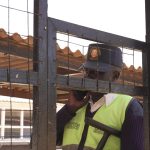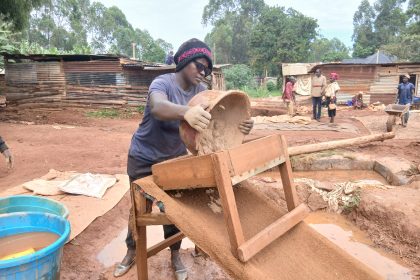Stephen Mwiti’s kids are part of over 360 bodies in cold storage containers in Malindi Sub-County Hospital, awaiting DNA tests. “Even if they are gone, I need a place to grieve. To talk to them. To find peace in my heart.”
Stephen Mwiti, once a father of six, sits in his small rented room in Maweni village, Malindi. In his hands are two tiny school bags and uniforms that belonged to his children, Samuel and Hellen.
They would have been 12 and 10 today, but they died in Shakahola in March 2023-when the world was shocked after mass graves were found in Kenya’s Kilifi County. Their four siblings also died in the worst cult massacres in recent memory. According to official figures, 429 bodies were buried in shallow graves in the forest. Over 100 were children.
The victims followed Good News International Ministries, led by Paul Nthenge Mackenzie, now in police custody alongside over 90 followers-including Mwiti’s wife.
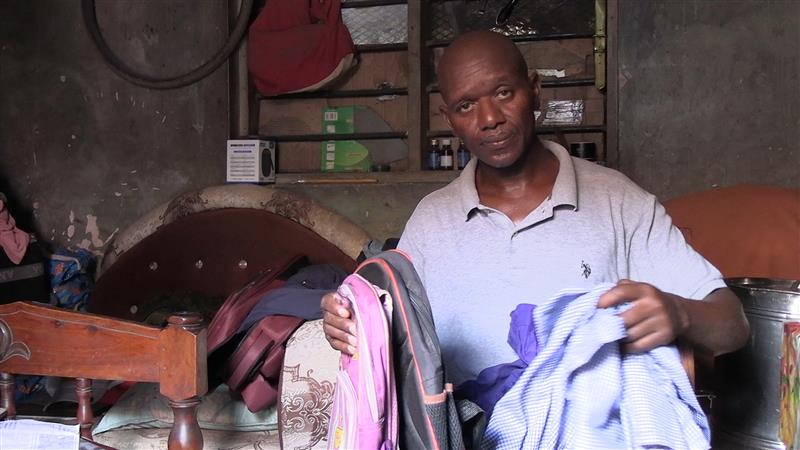
Mackenzie told his followers to “fast for salvation” on his 800-acre farm which had locations with biblical names like Jerusalem, Nazareth and Bethlehem.
He claimed starvation was their ticket to heaven. Followers had to cut all outside contacts and destroy their ID cards and birth certificates.
A Kenya National Commission on Human Rights (KNCHR) report, Mashaka ya Shakahola, shows the main causes of death were starvation, strangulation, head injury and dehydration. The children were the first victims of starvation.
But at the centre of this tragedy is the Malindi Sub-County Hospital mortuary- a small, cramped facility with a capacity for 40 bodies-victims of illness, natural causes and accidents. It was shortly overwhelmed by the scale of bodies exhumed from the haunted forest rose to over 400. To ease the pressure, the Kenya Red Cross Society donated two mobile cold storage units. But the DNA identification process has stretched for two long years.
His wife had stopped using family planning, calling it “against God’s will” after joining Mackenzie’s church
To date, only 66 bodies have been positively identified through DNA testing or physical identification. Of these, 49 bodies were released to families for burial, while an additional 17 identified bodies are still awaiting handover. The situation has thrown families into distress, besides posing a health hazard to the surrounding community.
Mwiti, a night security guard, can’t sleep day or night. His children are part of the evidence in cold storage.
He tells Willow Health how he bought a TV decoder “so that my family could be entertained when I was at work.” But this led to disaster.
His wife got hooked on Mackenzie’s sermons and on several occasions abandoned Mwiti for the church in Furunzi, first taking Samuel and Hellen in 2019, then the other four children aged between six and one month in 2022, never to return.
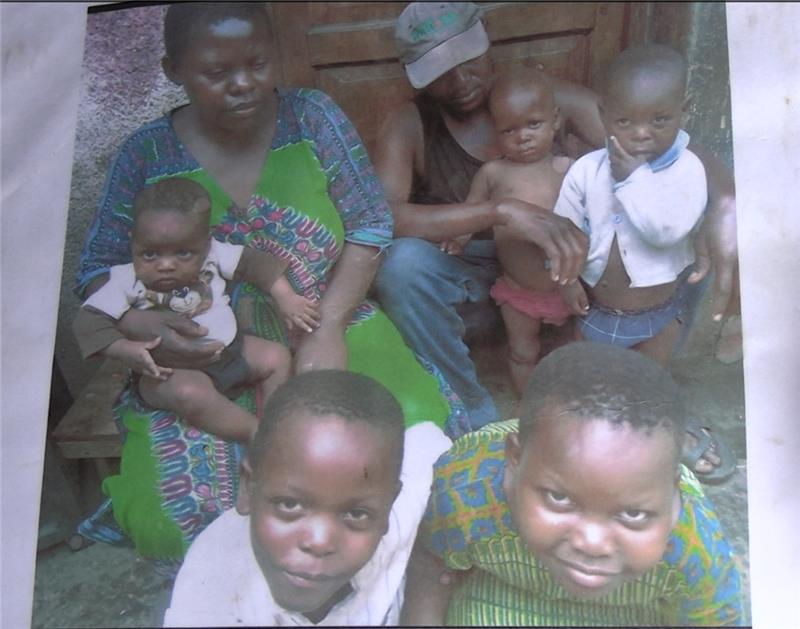
Mwiti’s only memories are the uniforms, school bags and a family photo taken after a reconciliation meeting. His wife, now in Shimo La Tewa prison, had stopped using family planning, calling it “against God’s will” after joining Mackenzie’s church.
Desperate to get his family back, Mwiti went to Shakahola and asked Mackenzie for help. “Mackenzie even promised to assist me in locating them,” recalls Mwiti, fighting back tears.
“I saw graves which I was informed were for young children.” He asked the area chief and the Children’s Office for help, but got nothing. When asked where the children were, his wife said “They went to be with the Lord.”
The grief has been crushing, especially when passing by the Malindi Hospital mortuary. “I remember my children are lying there, unburied and it breaks me,” says Mwiti.
Of the six children, DNA tests only identified Samuel in 2023. Mwiti still hasn’t received his body. “This has affected me deeply… If I had received their bodies, I could have laid them to rest. I would never forget them, but at least I’d have a place to grieve, and maybe find a way to move on with my life.”
Cults often emerge among powerless populations who ‘use religion as an exit’
Prof Halimu Shauri, a sociologist at Pwani University where he’s Deputy VC, explains that cults often emerge during social despair, economic hardships and when people don’t trust institutions. They flourish among powerless populations who “use religion as an exit.” People seeking meaning or control are drawn to charismatic leaders offering hope. “One critical factor is economic hardship.”
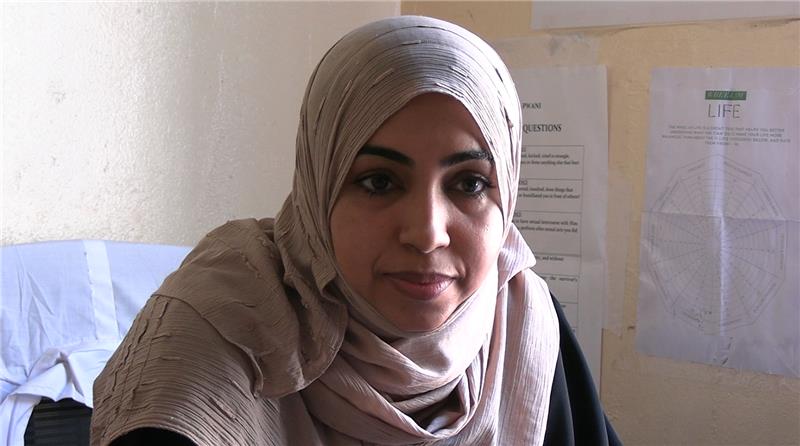
Mwiti is not alone: only 66 of the 429 bodies have been positively identified and handed over to families, despite the government collecting 336 DNA samples.
His best friend, Habel Nyundo, checks on him daily. “Losing six kids? That’s not something anyone can bear alone. We want the government to act so we can start healing,” he told Willow Health.
Without proper support, survivors and bereaved families may stay trapped in trauma and isolation.
Dr Janbiby Yusuf, a psychiatrist in Mombasa, says unresolved grief often leads to ‘complicated grief’ or Post Traumatic Stress Disorder (PTSD) “because there is no closure; no ritual of goodbye thus disrupts healing and daily functioning.”
Recovery is a long journey. Survivors need medical care, counseling, family tracing and safe communities without stigma.
Dr Yusuf explains that beyond identification, burial and healing, victims need gentle reintegration through trauma care, community support and retraining for those who left work or school.
Bodies should be identified quickly in warm climates like Kilifi, where they decompose fast
The Shakahola massacre exposed serious problems in Kenya’s public health system. The mortuaries and emergency response couldn’t handle so many bodies.
Dr Edwin Walong, a pathologist and lecturer at Maseno University, explains that identifying victims in complex cases like Shakahola requires “Standard forensic identification requires time, resources and coordination.” This includes DNA sampling, forensic study and dental records.
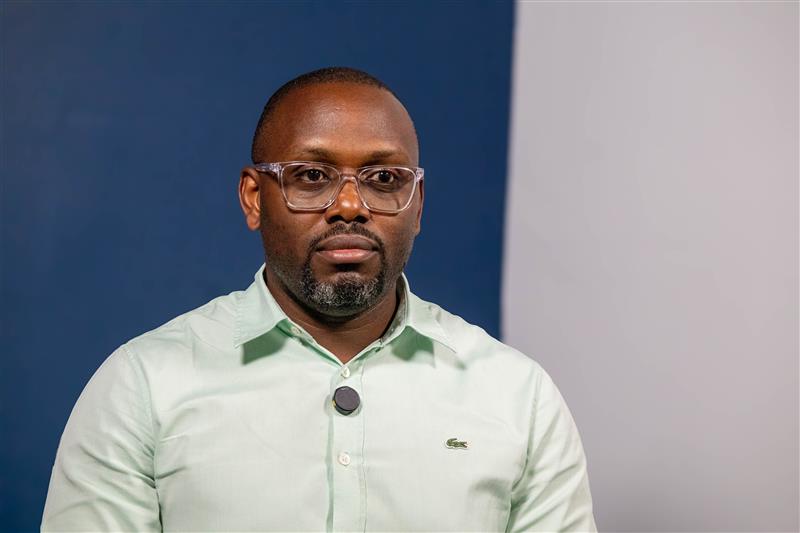
The World Health Organization (WHO) says bodies should be identified quickly in warm climates like Kilifi, where they decompose fast.
Bodies should be released to relatives after identification with a death certificate.
WHO only advises mass burial of unidentified bodies in rare cases. Burial is preferred because other methods destroy evidence for future identification.
But in April 2025, Interior Cabinet Secretary Kipchumba Murkomen blamed grieving families for delays, saying some failed to submit DNA samples. He suggested mass burials for unidentified bodies.
The KNCHR Report, Mashaka ya Shakahola, blames Malindi’s security team for negligence, ignoring warnings and failing to act on intelligence that could have prevented the massacre. The report recommends releasing bodies for burial and closure.
Kenya lacks specific policies for mass deaths like Shakahola massacre
The 2023 Adhoc Senate Committee on Shakahola investigated the tragedy and blamed system failures in security, religious oversight and child protection. It called for urgent reforms including counseling and financial help for survivors, faster DNA identification and dignified burials. However, the report didn’t address how to handle bodies in mass deaths. Kenya lacks specific policies for such events.
While Kenya’s Public Health Act addresses unclaimed bodies, there’s no specific policy for mass death victims. Procedures are decided case by case.
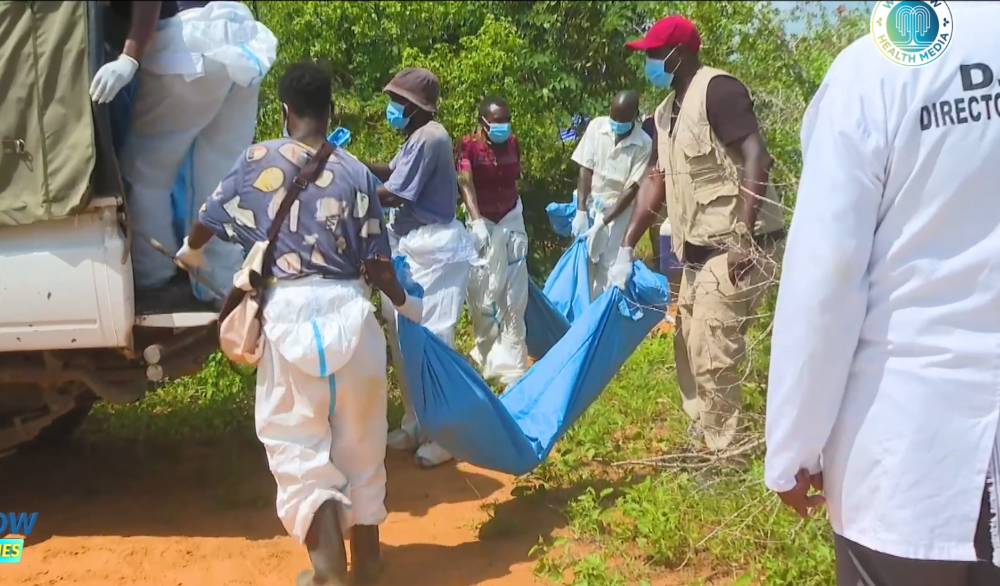
The Senate Report recommended fast-tracking the National Disaster Management Bill, regulating religious groups and community surveillance to detect cults early. This hasn’t been acted upon. The report also said the government should share clear information through media about procedures for registering missing persons, DNA identification and claiming bodies for burial.
The Interior Ministry was supposed to fund the National Forensic Lab to speed up DNA tests. But hundreds of bodies remain in containers at Malindi Hospital.
Mathias Shipeta, a human rights activist who was among the first rescuers, says “The delay in identification is not just bureaucratic, it’s inhumane. Families deserve closure. Two years on, the excuses must end.”
The 1994 Rwanda Genocide showed the importance of proper burials for family closure
Handling mass casualties doesn’t just affect victims’ families – it also hurts recovery workers. The psychological impact can appear immediately or years later, causing depression, anxiety, and PTSD. “I just want to bury my children,” pleads Mwiti. “Even if they are gone, I need a place to grieve. To talk to them. To find peace in my heart.”
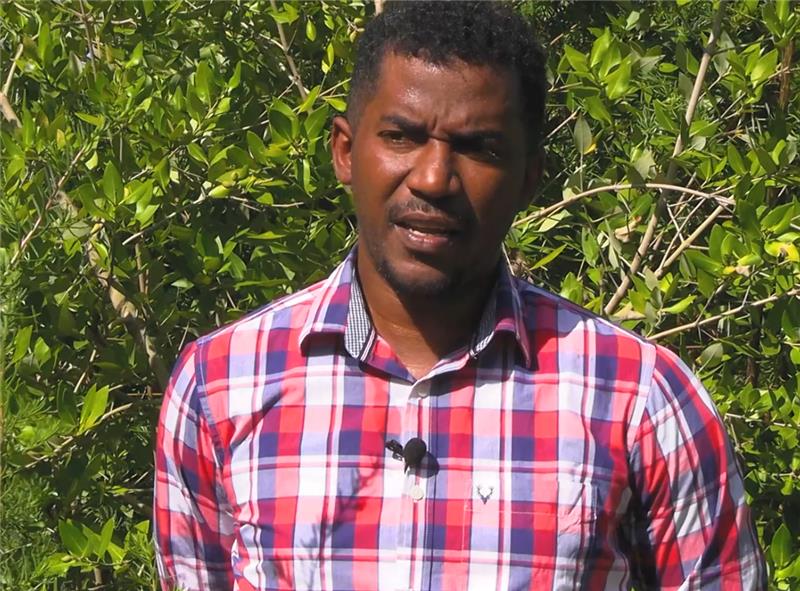
Africa lacks consistent mass fatality policies.
The 1994 Rwanda Genocide showed immediate challenges with body management, the importance of proper burials for family closure and mental healing. The Kigali Genocide Memorial provides evidence of this need.
In contrast, the 2000 Kanungu cult massacre site in Uganda, where 700 members of Joseph Kibwetere’s Movement for the Restoration of the Ten Commandments of God died, was turned into a tea plantation.
Kenya could adopt Argentina’s proven identification methods, says Dr Walong. During the “Dirty War,” Argentina’s forensic team successfully identified thousands of victims through DNA matching, detailed skeletal analysis and fingerprint comparisons.
For Shakahola, Kenya should use similar forensic techniques, create a national missing persons database and partner with international organizations like the Red Cross.
Shakahola is about families trapped in endless grief, mental anguish, delayed action
Prof Shauri calls for multiple defenses against destructive cults: community education to recognize manipulation, interfaith dialogue for healthy spiritual practices and stronger governance to improve local monitoring. Weak institutions create vacuums that figures like Mackenzie can fill. “The government has a role to protect the lives of its people.”
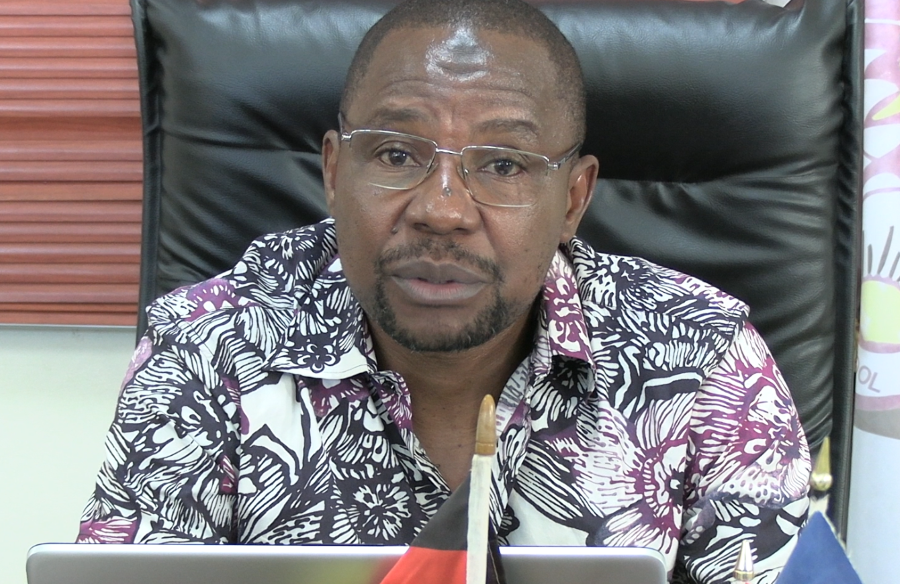
Tana River senator Danson Mungatana introduced the Religious Organizations Bill 2024 to regulate religious groups.
Prof Shauri thinks Parliament should reconsider it and “pick what is good and do some reforms to regulate religion in the country.”
The Bill was a Senate Committee recommendation, but Senator Mungatana dropped it after mixed reactions from religious leaders.
The Bill sought to control extremist groups and tackle problems from unregistered religious organizations. It suggested punishing offenders with a Ksh5 million fine, three years imprisonment or both.
The Shakahola tragedy represents more than just lives lost – it’s about families trapped in endless grief, mental anguish worsened by delayed action, and a forensic system struggling to cope. The real pain lingers in the unidentified bodies, the unanswered questions, and a system that failed to protect its people.



